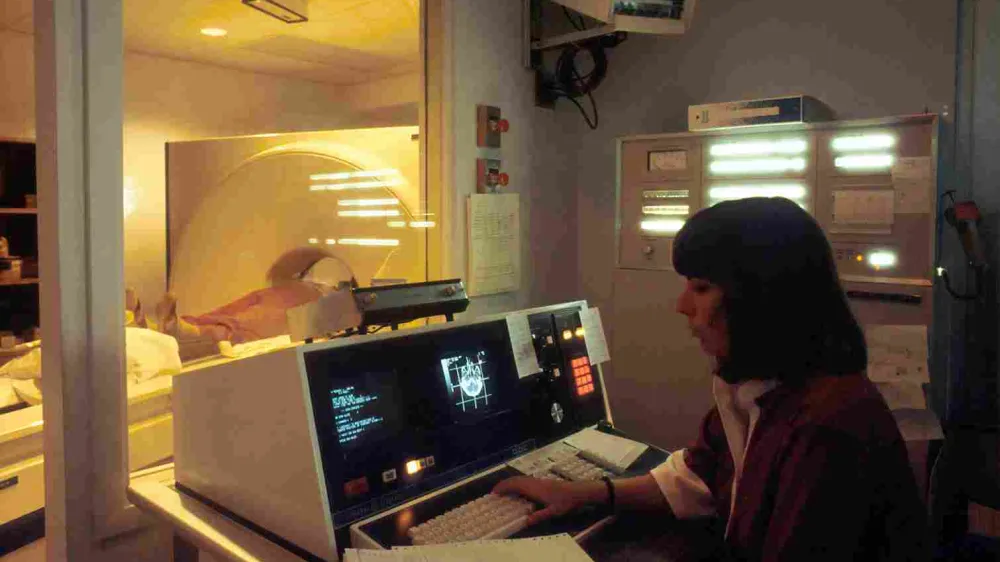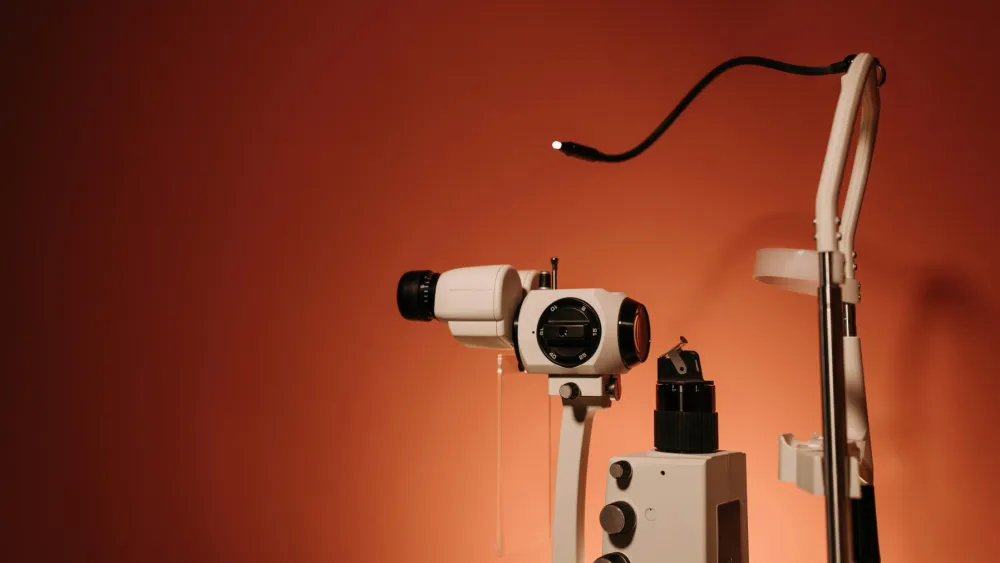
Asia Pacific's medical inflation to hit 7.1% in 2020
Overuse of care by medical practitioners is one of the factors driving up costs.
The Asia Pacific region’s medical inflation is expected to rise by 7.1% in 2020, according to a survey of medical insurers by Willis Towers Watson. Some markets including China, Hong Kong, India, Indonesia, Malaysia and Singapore will exceed the average expected increase at 9.8%, 8.3%, 12%, 11%, 12.6% and 9.3% respectively.
Over one-third (35%) of the insurers expect that medical cost will continue to rise in the next three years.
When asked for the most significant cost-driving factors based on employee and provider behaviour, almost nine in 10 respondents (86%) cited the overuse of care by medical practitioners recommending too many services as the leading driver.
At the same time 67% saw insured members overusing care which placed this as the second condition that pushed up costs. When asked about external factors (out of the control of both employees and providers), the high cost of new medical technology (71%), followed by providers’ profit motives (52%) once again emerged as the top two leading drivers of medical costs. Both figures represent an increase from last year (60% and 37% respectively).
Willis Towers Watson also found that cancer (86%) and cardiovascular diseases (48%) will remain the top two conditions by cost and are expected to remain so in the near future. In addition, 60% of insurers are seeing an increase in incidences of gastrointestinal disorders.
Mental health conditions are expected to become some of the most significant cost factors over the next five years. Two-thirds (66%) of insurers expect that behavioural and mental health conditions will become one of the most costly medical conditions and form the bulk of medical expenses other than hospital and inpatient care in the next five years.
Whilst many insurers in Asia Pacific expect mental health disorders to become more prevalent in the next three years, about 50% are currently excluding them from standard medical insurance policy.



















 Advertise
Advertise





